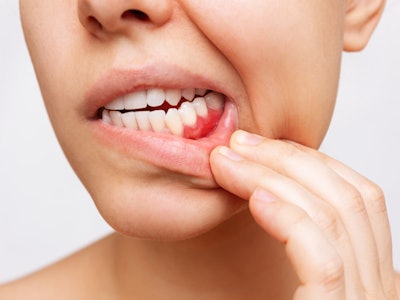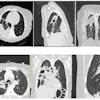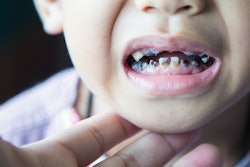
Massachusetts Institute of Technology (MIT) researchers have discovered that one of the most abundant proteins found in saliva binds to the surface of select microbes found in the mouth -- shedding light on how salivary proteins and mucus help maintain the oral cavity microbiome.
"The significance of our study is to prove that we can make very good probes for microbial glycans, find out their importance in the front-line defense of the immune system, and, ultimately, come up with a therapeutic approach to disease," first author and PhD candidate Soumi Ghosh said in a statement released by the institute. The findings were published May 22 in the Proceedings of the National Academy of Sciences (PNAS).
The study was conducted by a collaboration between Barbara Imperiali, PhD, of MIT's department of biology in Boston; Laura Kiessling, PhD, of MIT's department of chemistry; Stefan Ruhl, DDS, PhD, at the University at Buffalo School of Dental Medicine in New York; and Catherine Grimes, PhD, of the University of Delaware in Newark.
The research focused on an oral cavity protein called zymogen granule protein 16 homolog B (ZG16B). The group engineered ZG16B to add "reporter tags" such as fluorophores, calling the modified proteins "microbial glycan analysis probes" because they allowed for identification of ZG16B binding partners. The investigators applied the probes to healthy oral microbiomes samples to determine the proteins' ability to identify target microbes and binding partners.
The effort proved successful.
"ZG16B didn’t just bind to random bacteria. It was very focused on certain species, including a commensal bacteria called Streptococcus vestibularis," Ghosh said in a statement in MIT News.
The significance of the findings is that they show that researchers can make "very good probes for microbial glycans, find out their importance in the front-line defense of the immune system, and, ultimately, come up with a therapeutic approach to disease," the group wrote.
"ZG16B, therefore, seems to function as a missing link in the system; it binds to different types of glycans -- the microbial glycans and the mucin glycans -- and ultimately, maintains a healthy balance in our oral cavity," Ghosh said.



















